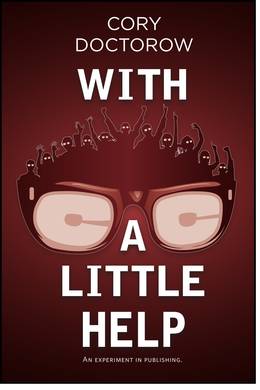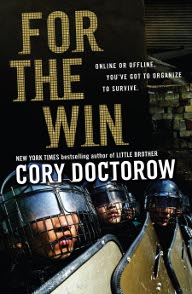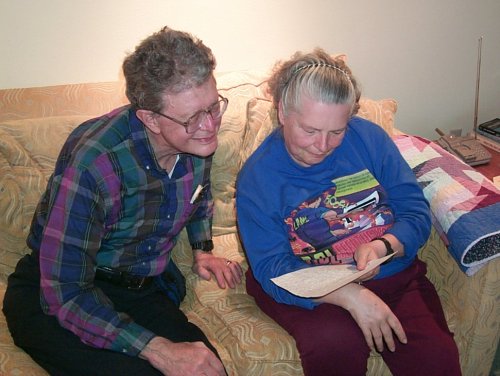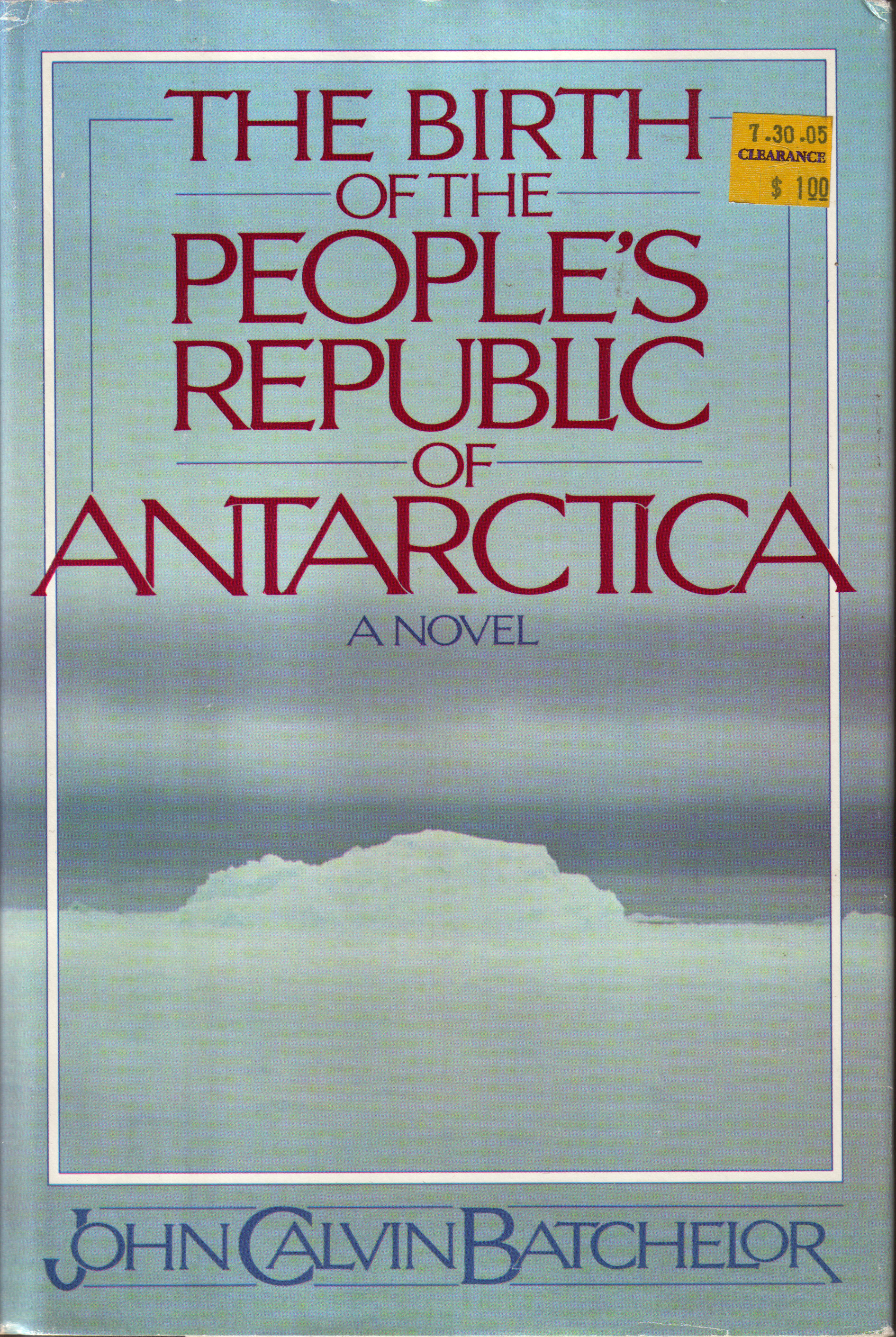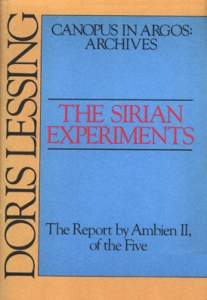This story is set in 2010. The inhabitants of the world described by Brunner are living on the edge of an existential abyss.
The protagonist of the novel is Nickie Haflinger, orphaned at an early age, bounced from foster family to foster family and, finally, recruited at 10 years by a government agency whose purpose is to cultivate a generation of gifted children to use as a resource in a race with other nations.
Sickened by the moral deficiencies he has discovered in the project (including bioengineering the artificial production of genius ... no matter the price they, or worse, past failures, have to pay), Nickie escapes Tarnover (the laboratory name) at twenty seizing a computer code that allows him to erase his past and build a new identity whenever he needs on, and during the following six years he lives as a fugitive with no clear objective except to remain free.
Endowed with a complex internal structure, fragments of the past ar interspersed with other fragments in the present, chronicling the Nick's adventures (or Sandy's, or the name he will currently be using)
In essence, what this book is telling is the evolution of Nickie, a human being so deeply traumatized and lacking in affection that until he begins to heal (thanks to a chance meeting with Kate, a girl curious and clever in a world that penalizes both features) he's not aware of his crippleness. So, after finding something to fight for,he stops running and strikes back, putting to use the tools that have been supplied by his opponents and his natural talent for programming.
John Kilian Houston Brunner (24 September 1934 – 26 August 1995) was a prolific British author of science fiction novels and stories. His 1968 novel Stand on Zanzibar, about an overpopulated world, won the 1968 Hugo Award for best science fiction novel. It also won the BSFA award the same year. The Jagged Orbit won the BSFA award in 1970.



